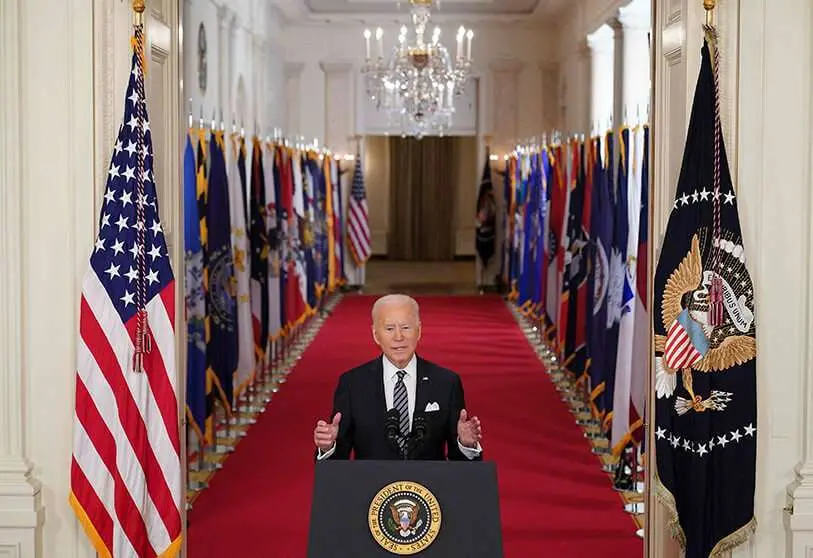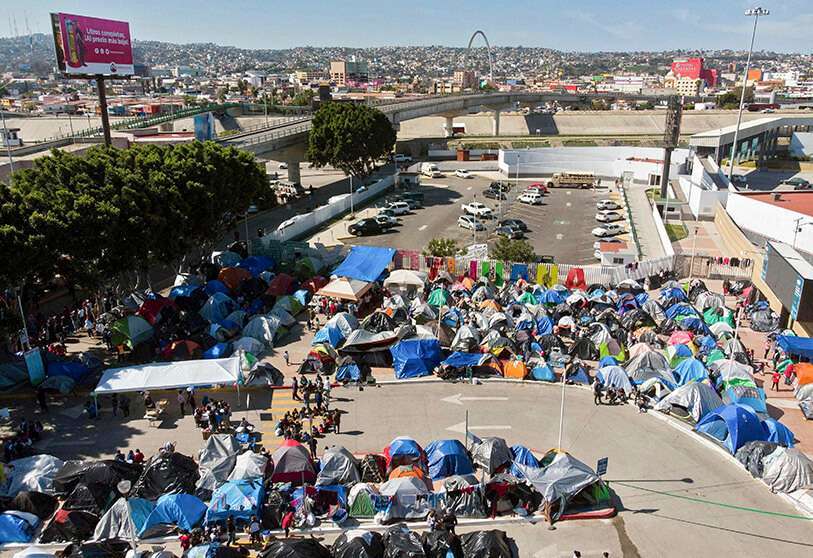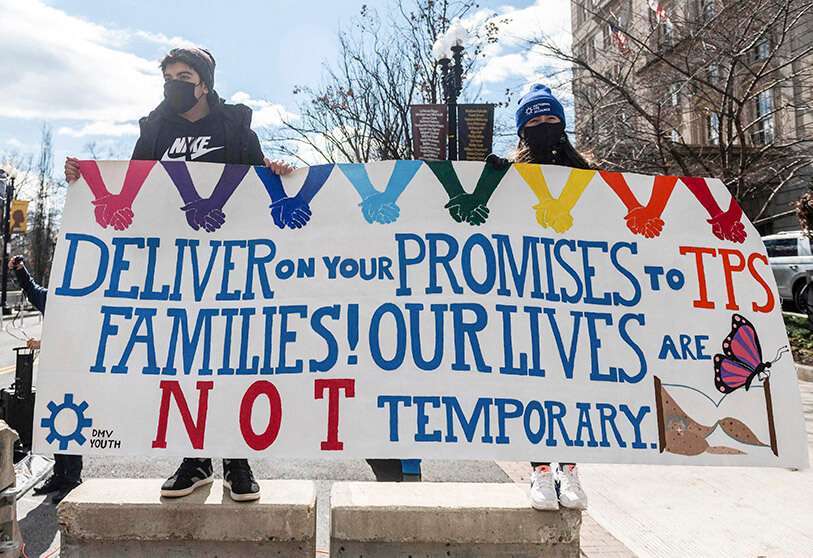What can we expect from Joe Biden's foreign policy in Latin America?

In the last US elections, 32 million Latinos were registered to vote. For the first time, the Latino community has become the largest minority in the United States, growing by 17%. Moreover, the Latino vote has been key in states such as California, Florida, Arizona and Texas. For this reason, Joe Biden's plans for Latin America are fundamental and his popularity among the Latino population and even a second electoral victory in four years' time may depend on them. "Issues neglected in the last four years will be elevated. One is climate change, a priority for President Biden. Another issue will be the promotion of democracy, human rights and respect for the rule of law," Mark Feierstein, close to Biden's political circle, told BBC Mundo.
The foreign policy towards Latin America of his predecessor, Donald Trump, focused on stemming the flow of immigrants with harsh and inhumane measures. He also reinforced the fight against drug trafficking through military operations on the continent. He maintained tense relations with Venezuela and Cuba. He showed his support for Venezuelan opposition leader Juan Guaidó and imposed sanctions on Caracas. These sanctions, which were intended to harm Nicolás Maduro politically, have served to further sink the country's economy and aggravate the situation of Venezuelan citizens. Regarding Cuba, he repealed the rapprochement measures developed during the Obama administration.

"Biden's Latin America policy will be profoundly different from Trump's strategy, which focused primarily on inhibiting migration and tightening the screws on Cuba and Venezuela to please South Florida voters," said Benjamin Gedan, deputy director of the Wilson Center's Latin America Program. The Biden administration will address poverty and violence on the continent, the main causes of migration and instability in the area. It will also focus on promoting democracy and fighting corruption. On these issues, the Biden administration has already made statements on the situation in Nicaragua. In February, through a State Department communiqué, the US indicated its "deep concern about the increasing repression by the government of President Daniel Ortega in Nicaragua". It also stressed its 'commitment to supporting the Nicaraguan people and their demand for democracy'.
The US president also aspires to lead the fight against climate change on the continent. Biden has stated his commitment to the environment on many occasions. One of his first measures as president was to re-enter the Paris Agreement. With regard to Latin America, he will try to promote a green agenda that will influence the most developed countries in the region. However, Biden is likely to clash with Brazilian President Jair Bolsonaro when it comes to developing measures to combat climate change. In a debate in September, Biden presented a proposal for the creation of a $20 billion international fund to protect the Amazon. He also threatened Brazil with 'economic consequences' if it failed to curb deforestation. Shortly afterwards, Bolsonaro, copying his ally Trump, used Twitter to attack the current US president. "Our sovereignty is not negotiable," he declared on the social network. "Shame on Joe Biden, shame on him," he said to end his statement. For these reasons, the relationship between Brasilia and Washington is expected to be tense. Another country with which Biden will have to cooperate and develop environmental plans is Ecuador. The Latin American state suffers from the highest rate of deforestation in the region, so eradicating deforestation could be part of Biden's plans.

Another issue causing controversy in the international community is the situation in Venezuela. Relations between Caracas and Washington are expected to improve. In February, the US Treasury Department authorised certain transactions with the Venezuelan government to operate with the country's ports and airports. This marks a change in Trump's foreign policy towards Venezuela, as he had vetoed these operations. Although this does not mean the end of sanctions, this step represents a step forward in relations between the two countries. Biden could seek negotiations with Maduro and pressure him to organise fair elections in his quest to promote democracy on the continent. Cuba, a country with which Trump took a similar line to Venezuela, could move closer to its northern neighbour under the Biden administration. In this situation, the Democratic president would have two options: to imitate Obama's rapprochement policies or to continue with the policy left by Trump, since rapprochement with Cuba is a controversial issue among Cubans in Florida.
Joe Biden's foreign policy will also be aimed at countering the growing influence of China and Russia in the region.








